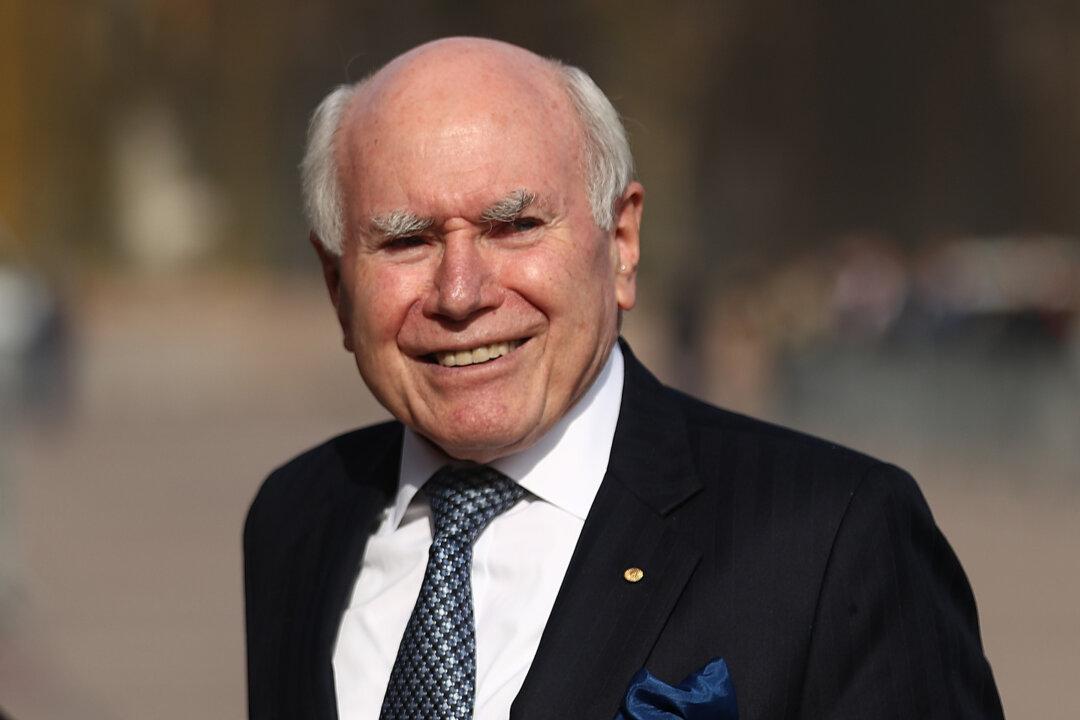Former Prime Minister John Howard—who deployed Australian troops to Afghanistan in 2001 along with democratic allies—has questioned the need for the U.S. administration to withdraw all forces from the country immediately.
“There was no reason why a very much smaller force could not have been left there for an indeterminant time,” he told Sky News Australia.





